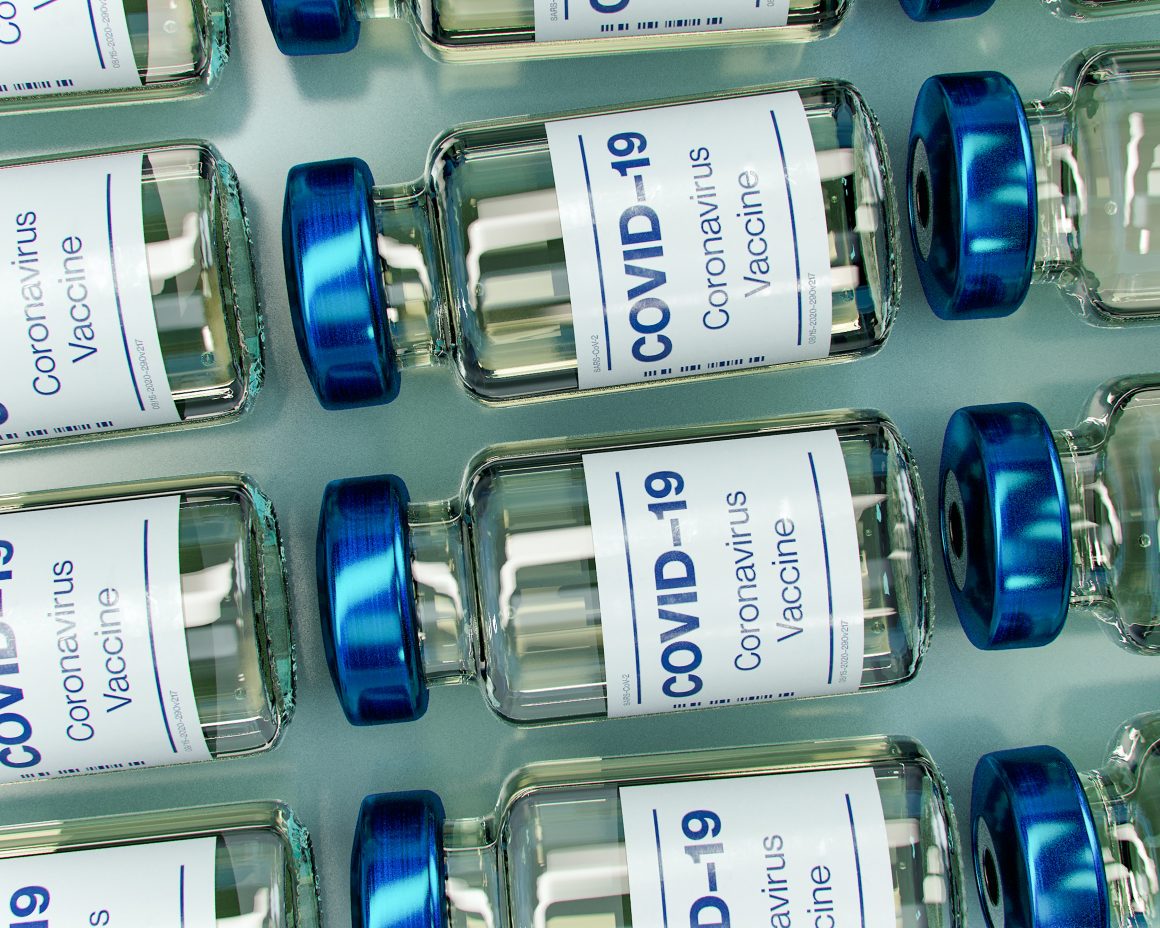
Is the news of a potential vaccine the light at the end of the tunnel?
By Serena Sajan, December 4 2020 —
Multinational pharmaceutical corporation, Pfizer, and biotechnology company, BioNTech, have recently raised our hopes for a potential vaccine that may be the one to put an end to the COVID-19 pandemic.
The two companies have worked together to create a vaccine, which was shown to be 90 per cent effective based on their clinical trials. These results mean that there is a high likelihood that the coronavirus vaccine will work in people.
Moderna, another biotechnology company, has also reported promising results from its clinical trials for the COVID-19 vaccine. Moderna’s vaccine is shown to be 94.5 per cent effective, which undermined Pfizer’s short-lived fame within moments. However, Pfizer made a comeback less than two days after Moderna’s announcement. Based on a recently updated analysis on Pfizer’s Phase three clinical trials with 44,000 participants, the vaccine was reported to be 95 per cent effective. Is this a coincidence? Because the company to win the race to end COVID-19 will be the first to gain regulatory approval and thus gain significant profit from the vaccine. Will Moderna be able to rebound with a 95.5 per cent effectiveness for its vaccine? We will have to sit tight and see what happens.
Nonetheless, the news of not just one but two potential vaccines that can combat the pandemic is extremely encouraging. The results of these vaccines also creates the expectation that we may be able to go back to our lives pre-COVID-19 very soon. Once the regulatory organizations approve the vaccines, it will only be a matter of a few months before the vaccines are given the green light to be disbursed. Canada has also reserved doses of successfully approved vaccines by forming agreements with pharmaceutical companies.
Although it is a time to be excited, should we be getting our hopes up? Scientists are warning against the effectiveness of the vaccines once they are released for public use. In the clinical trials, Pfizer chose subjects that were as healthy as possible. Therefore, these trials raise some important questions. What happens when the vaccine is given to someone with pre-existing health conditions? How many doses will be sufficient to fight off the virus? Who will face side effects from the vaccine, and how severe would they be?
The race to being the first company to find a vaccine may create unnecessary competition between companies, which can have adverse impacts. Pharmaceutical companies need to ensure that the vaccines they release to the public will not be counterproductive. If the vaccines do not protect the most vulnerable populations and exacerbate the health concerns caused by COVID-19 or create additional health issues, then perhaps it is not a good idea to rush into releasing a vaccine.
But let’s be honest — we all want the pandemic to be over so that we can go back to our normal lives and say goodbye to Zoom and remote learning. However, another question remains — are people going to rush to get vaccinated, or will some people remain skeptical and continue calling the pandemic a one big hoax? Only time will tell when COVID-19 will become a thing of the past.
This article is part of our Opinions section and does not necessarily reflect the views of the Gauntlet’s editorial board.
